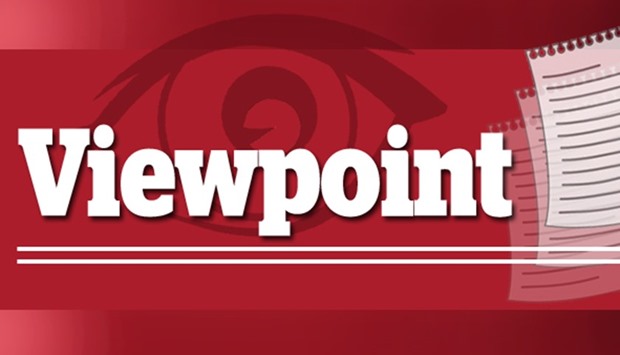Who is afraid of Trump? Everybody, almost. The hostile takeover of the White House by “protectionist” Donald Trump on January 20 is sending shockwaves across the financial world.
A group of Nobel Prize-winning economists gave Trump and his policy plans the thumbs-down last week. “There is a broad consensus that the kind of policies that our president-elect has proposed are among the policies that will not work,” said Joseph Stiglitz at the annual American Economic Association meeting. Columbia University professor Edmund Phelps voiced concern about Trump’s plans for big tax cuts and spending increases. “Such a policy runs the risk it could lead to an explosion of public debt and ultimately cause a serious loss of confidence and a deep recession,” he said.
A key theme of Trump’s election campaign was “China’s gain is America’s loss.” Amid his outburst against cheap Chinese imports weighing on US jobs, and the appointment of trade hawks in his team, protectionism sure will have its toll, on both sides.
China is said to be prepared to retaliate should Trump take punitive measures against Chinese goods and trigger a trade war between the world’s two biggest economies. Options could include subjecting well-known US companies or ones with large Chinese operations to tax or antitrust probes; anti-dumping investigations and scaling back government purchases of American products, Bloomberg reported.
Gulf business links with the US are strong. The US imported $32.4bn of goods including oil from the six Gulf Co-operation Council countries in 2015; the region is also the most important client base for Boeing and a number of US defence firms.
The Abu Dhabi Investment Authority has the largest geographical weighting for its estimated $792bn portfolio in North America between 35% and 50%. The Qatar Investment Authority plans to invest $35bn in the US over five years.
Gulf airlines are also waiting to see where Trump will stand on the disagreement with US carriers, who have called for a review of the Open Skies deal with Gulf nations.
But the Gulf countries, which are open-minded and professional enough to put the national interests of security and economic growth first, are soon coming to terms with reality. Post-election, top Gulf executives have taken more a conciliatory tone, especially after Trump seemed to be distancing himself from his campaign stance of imposing a temporary ban on all Muslims entering the US.
But with the powers available to any US president to tear up trade treaties and impose emergency tariffs, Trump could do serious damage to global free trade within a relatively short space of time, according to a Financial Times column.
Trump, who broke just about every rule of conventional US presidential campaigning, is short on a long-term political vision to help shape the destiny of the nation. Make no mistake, in a globalised world, no country can ensure quality growth with inward-looking isolation and restrictive trade protection.
America’s interaction with other countries “has to be based on confidence and trust,” said Nobel Laureate Stiglitz. “That’s being eroded.”

